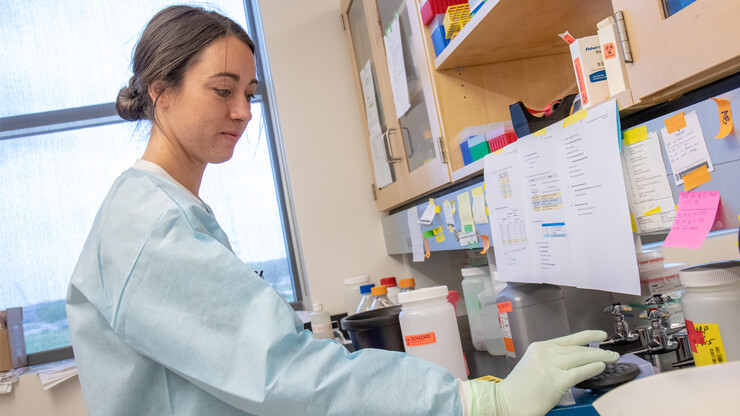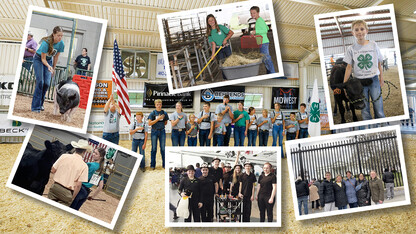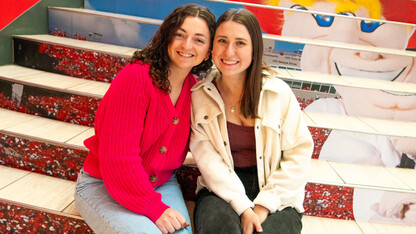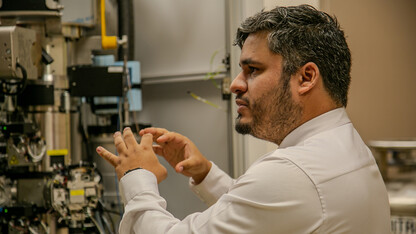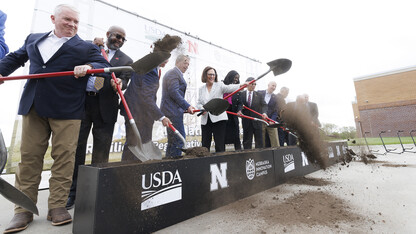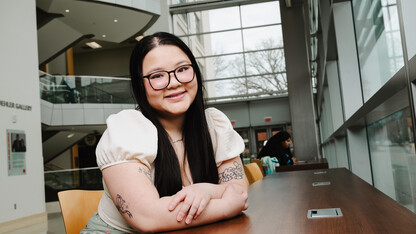· 5 min read
Nebraska program helps guard against food allergens
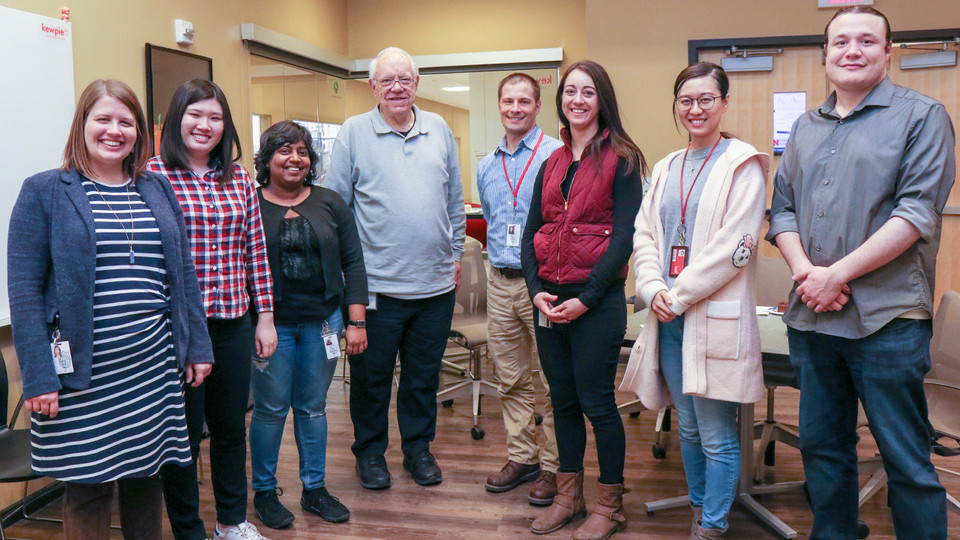
When Nebraska’s Steve Taylor founded the Food Allergy Research and Resource Program nearly 25 years ago — with the support of seven companies — he couldn’t have anticipated what came next.
“We started (the program) just as food allergy awareness started to explode among the food industry, consumers and public-health agencies,” said Taylor, professor emeritus of food science and technology. “We realized that no single food company could afford to develop all the tools and research to meet these needs, but perhaps a consortium of companies, working together, could do it.”
The program’s early research included a method to detect peanut residue. Through an industry partnership with Neogen Corporation, a company that develops solutions for food and animal safety, that method became a product: the first commercially available food-allergen test kit.
“We saw an opportunity to combine (the program’s) capabilities in antibodies with our chemical conjugations, and put together a good program. It’s been a strong relationship,” said Jim Herbert, founder and chairman of Neogen Corporation, which developed and manufactured the kits.
The kits are now widely used to help companies detect undeclared traces of food allergens — including peanut, milk, egg, almond, hazelnut, coconut, soybean, sesame and shrimp — in food processing facilities.
“We generated the entire market category for allergen test kits,” Taylor said. “With the test kits, scientific expertise and testing facilities, (our program) became the go-to place for industry.”
Today, FARRP is an industry consortium with an international reputation for its food-allergen research expertise and outreach. One hundred food-processing companies support the program and help fund its operations, including 25 staff members and several graduate students.
In return, the companies have access to the latest food-allergen information, including FARRP’s food-allergy database and staff consultations. Companies also submit food and ingredient samples, as well as equipment swabs, for quantitative analysis and receive confidential results about the presence of potential allergens.
Using commercial test kits, FARRP processes 50,000 samples annually at its facilities on Nebraska Innovation Campus. Many of the test kits are still produced by Neogen Corporation, the result of a 22-year university partnership. NUtech Ventures, the university’s technology commercialization affiliate, continues to work with Neogen to license the university’s food science research.
Neogen is also among FARRP’s member companies, which all have a seat on its board of directors. They gather twice a year to learn about the program’s latest research and share common interests related to food allergens. According to Taylor, it’s a collaborative space because everyone is working toward the same goal: preventing consumer illness.
Company interactions help shape FARRP’s applied research, which often involves undergraduate and graduate students working on solutions directly related to industry. Faculty and doctoral students conduct independent research on topics that include developing the next generation of allergen-test methodology, exploring safe doses of allergenic foods and assessing how allergens are digested and absorbed.
“We get really positive feedback from our company members,” said Taylor. “With an industry-funded consortium, the most important thing to do is to sit and listen, because you’ll learn the research gaps. Someone will ask a question that you can’t answer.”
The program also prioritizes outreach to companies, consumer groups and government agencies, regularly hosting training for the food-manufacturing industry in the United States. It’s also developed relationships with policymakers and public-health agencies around the world. A partnership with Canada’s national public-health department has resulted in an international conference, the Workshop on Food Allergen Methodologies, that is now in its 17th year.
The program’s positive reputation and connections have also led to distinctive opportunities for students, Taylor said. Former students are employed at a prominent think tank in the Netherlands, a research university in Germany, the Food and Drug Administration in Washington, D.C., and a startup company spun out of Stanford University.
Student outcomes, industry and policy outreach, research and technology commercialization all align with FARRP’s larger purpose: consumer safety. To sustain it, Taylor has focused on building a program that will continue after his 2019 retirement. Joe Baumert, associate professor of food science and technology, has already been named Taylor’s successor as FARRP director.
“I’m really proud of FARRP’s impact,” Taylor said. “The food industry is doing a much better job in allergen control and labeling. There’s still more work to be done, but we’ve made a difference.”
